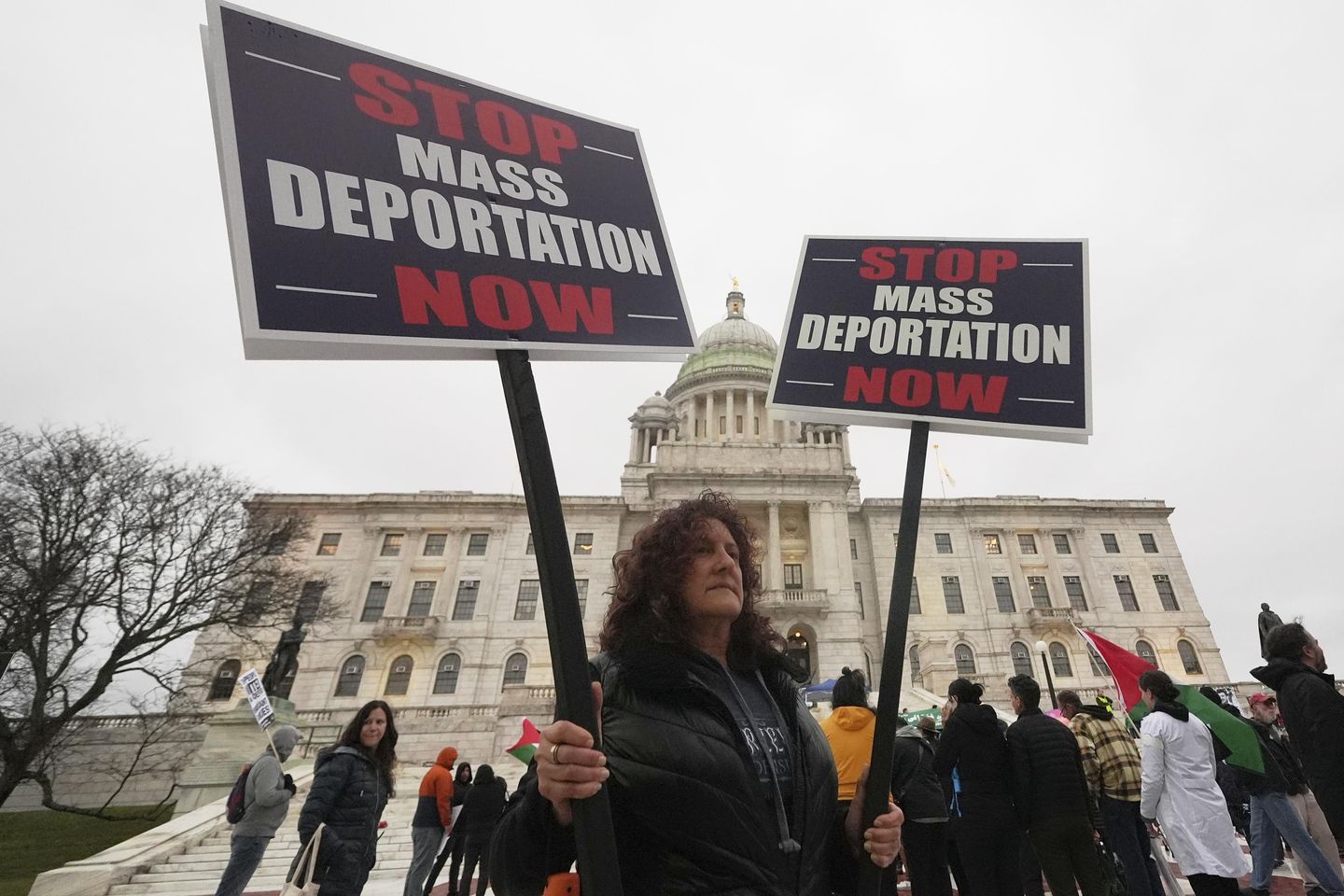
As debates about immigration enforcement continue, a little-remembered aspect of President Jimmy Carter’s approach to the 1979 Iran hostage crisis is resurfacing as a potential precedent for handling foreign students during international tensions. Here’s what you need to know about this historical policy and its potential modern implications:
The Carter precedent
A largely forgotten immigration action has new relevance:
- President Carter ordered deportation review of Iranian students in 1979
- Action followed seizure of American embassy in Tehran
- Approximately 50,000 Iranian students in U.S. at that time
- Required all Iranian students to report to immigration officials
- Documentation status reviewed for each student
- About 7,000 found in violation of visa terms
- Approximately 15,000 Iranians eventually left U.S.
Legal foundation
The action rested on specific presidential authorities:
- Carter invoked Immigration and Nationality Act Section 241(a)(7)
- Law allowed deportation of aliens whose presence harmed U.S. interests
- Presidential emergency powers cited in implementation
- Executive order directed specific enforcement against one nationality
- Supreme Court ultimately declined to hear challenge
- Lower courts generally upheld presidential authority
- Carter administration defended action as national security measure
Current implications
The historical precedent raises contemporary questions:
- Similar authority exists in current immigration law
- Presidential power to target specific nationalities established
- National security justification provided legal framework
- Modern court composition significantly different
- Digital tracking capabilities far more advanced today
- Higher education now more dependent on international students
- Social media monitoring provides additional screening tools
Educational impact
Academic consequences extended beyond individuals:
- Iranian student enrollment plummeted during enforcement
- Educational institutions faced sudden financial impact
- Engineering and technical programs particularly affected
- Some schools developed support mechanisms for affected students
- Cultural exchange opportunities diminished
- Research collaborations disrupted
- Many students transferred to institutions in other countries
Public reaction
Social and political response showed mixed sentiments:
- Strong initial public support for Carter’s action
- Anti-Iranian sentiment widespread during hostage crisis
- University communities generally opposed measures
- Civil liberties organizations filed legal challenges
- Media coverage largely supportive of administration
- Some Iranian-Americans faced harassment
- Political opposition limited amid hostage crisis concerns
Historical context
The action occurred during distinctive circumstances:
- 52 American hostages held for 444 days
- National outrage at hostage-taking at unprecedented levels
- Cold War calculations influenced decision-making
- Iranian revolution transformed longtime ally into adversary
- Oil price shocks contributed to economic anxiety
- Previous administration’s foreign policy failures still resonated
- Presidential approval ratings declining significantly
Modern differences
Current circumstances differ in significant ways:
- Stronger due process protections in immigration proceedings
- More robust civil liberties legal infrastructure
- Greater diversity in student visa populations
- Higher education’s increased financial dependence on foreign students
- More sophisticated visa tracking systems
- Social media presence creating additional screening options
- Court precedents evolving on executive immigration authority
What experts say
Legal scholars offer varied perspectives:
- Executive authority over immigration remains extensive
- National security justification still viable legal pathway
- More robust judicial review likely in contemporary context
- Administrative implementation constraints greater today
- Targeted enforcement based on nationality constitutionally complex
- Presidential discretion still substantial in immigration enforcement
- Balance between security and educational interests challenging
Read more:
• Deporting foreign students amid Middle East unrest? Jimmy Carter did it first
This article is written with the assistance of generative artificial intelligence based solely on Washington Times original reporting and wire services. For more information, please read our AI policy or contact Ann Wog, Managing Editor for Digital, at awog@washingtontimes.com
The Washington Times AI Ethics Newsroom Committee can be reached at aispotlight@washingtontimes.com.







![‘We All Owe Him (Elon) a Huge Debt of Gratitude’ [WATCH]](https://www.right2024.com/wp-content/uploads/2025/03/‘We-All-Owe-Him-Elon-a-Huge-Debt-of-Gratitude-350x250.jpg)

![Trump's Admin Guts Another ‘Rogue Government Agency with Zero Accountability’ [WATCH]](https://www.right2024.com/wp-content/uploads/2025/03/Trumps-Admin-Guts-Another-‘Rogue-Government-Agency-with-Zero-Accountability-350x250.jpg)







